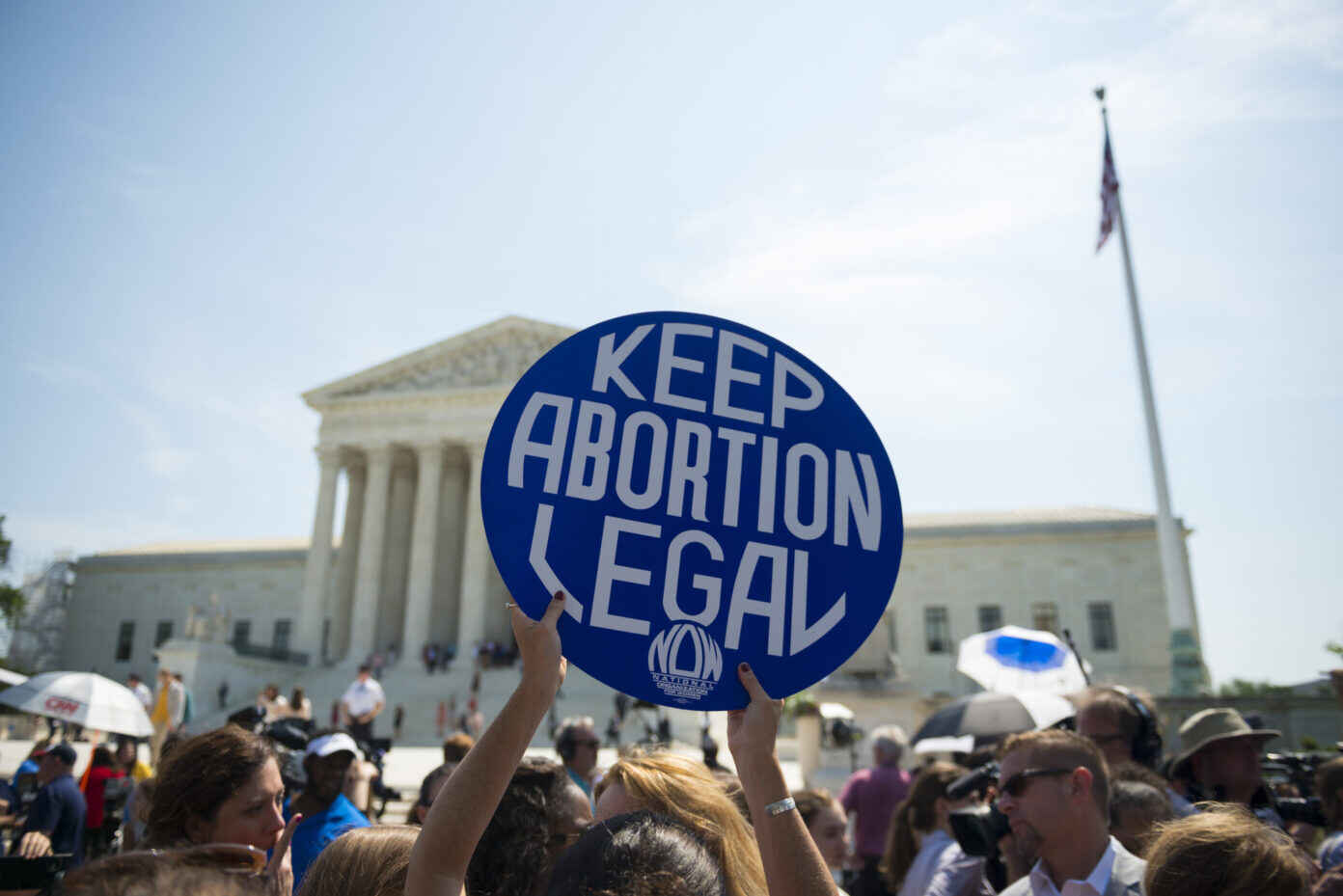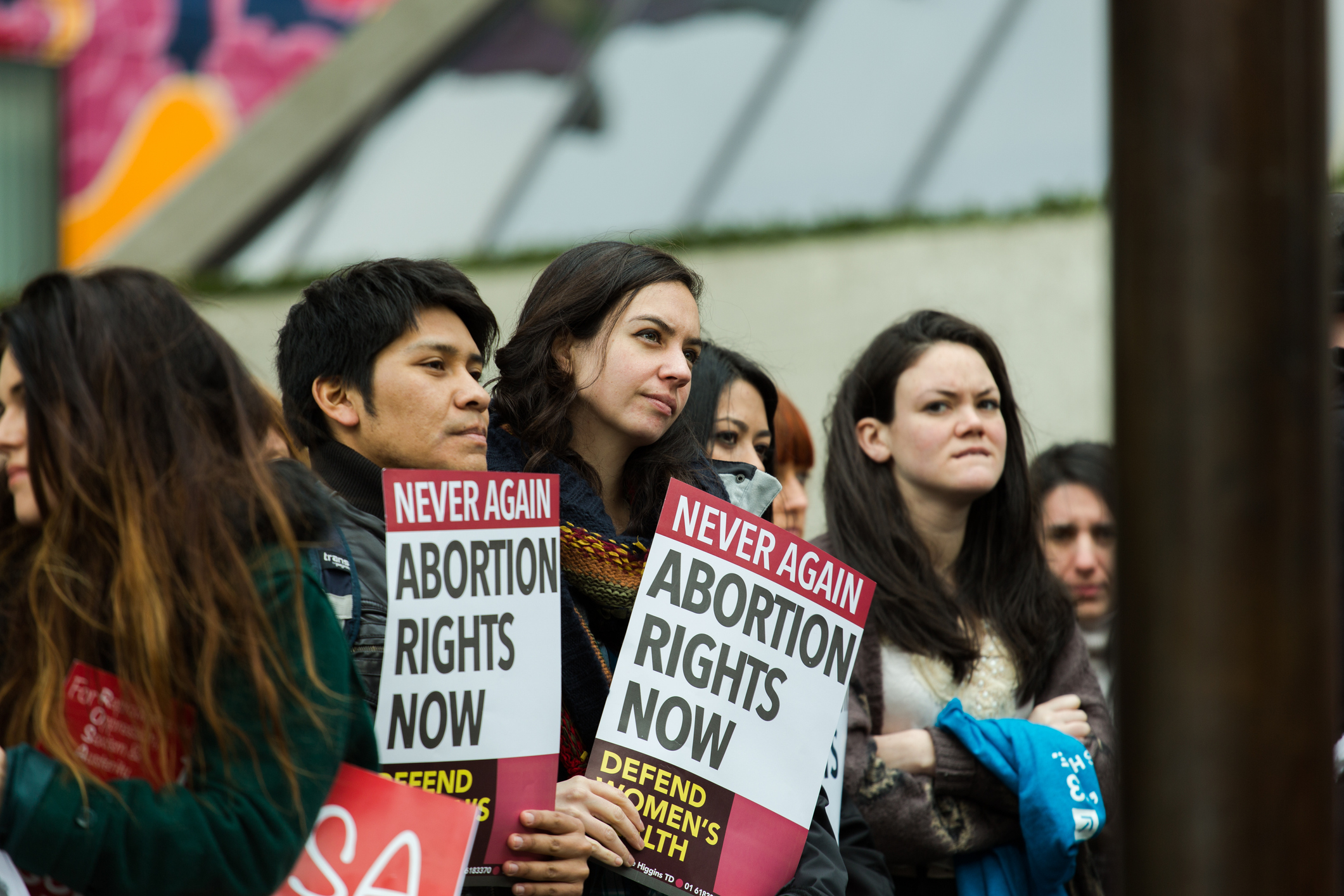In July 2024, a study published in Science Advances revealed that states implementing stricter abortion regulations following the Dobbs v. Jackson Women’s Health decision experienced heightened levels of mental distress among their residents, particularly impacting those of lower socioeconomic status.
Analyzing data from the National Household Pulse Survey spanning two years and 21 survey waves, the study examined how newly enacted gestational restrictions and bans affected mental health indicators such as anxiety, depression, and disinterest on a state-by-state basis.
The findings indicated a significant relative increase of approximately 3% in self-reported mental health issues post-Dobbs, compared to a pre-decision baseline ranging from 18% to 26%.
This rise underscored the profound impact of legislative changes on individuals’ psychological well-being across demographic groups, including birth-assigned gender, sexual orientation, age, marital status, and race.
However, the study highlighted pronounced disparities based on income and educational attainment, with individuals of lower economic means and lesser education bearing a disproportionately greater burden of mental health challenges.

The decision in Dobbs v. Jackson Women’s Health, which returned abortion regulation to state legislatures, has triggered varied responses nationwide. By July 2024, 21 states had passed stricter abortion laws, prompting significant shifts in reproductive care access and compelling many individuals to cross state borders to obtain services.
These changes have intensified the complexity of decisions regarding family planning, generating heightened emotional and legal stressors.
The study emphasized the critical need for a nuanced understanding of how policy changes affect diverse segments of the population, particularly in terms of socioeconomic disparities.
It raised concerns about the broader implications as more states consider adopting similar restrictions and amid the possibility of federal legislation on abortion.
While the study shed light on the mental health impacts linked to abortion regulations, questions remain regarding the precise mechanisms driving these disparities, particularly concerning socioeconomic status.
Possible factors include anticipatory stress related to financial burdens associated with pregnancy or abortion costs, which disproportionately affect economically disadvantaged individuals.
Building on prior research like The Turnaway Study, which focused on the short-term mental health effects of denied abortions, this new study broadened the scope to assess the broader implications of abortion restrictions on mental health.
It contributed to a growing body of literature highlighting the multifaceted impacts of reproductive health policy on public health outcomes, underscoring the importance of continued research in this evolving field.
